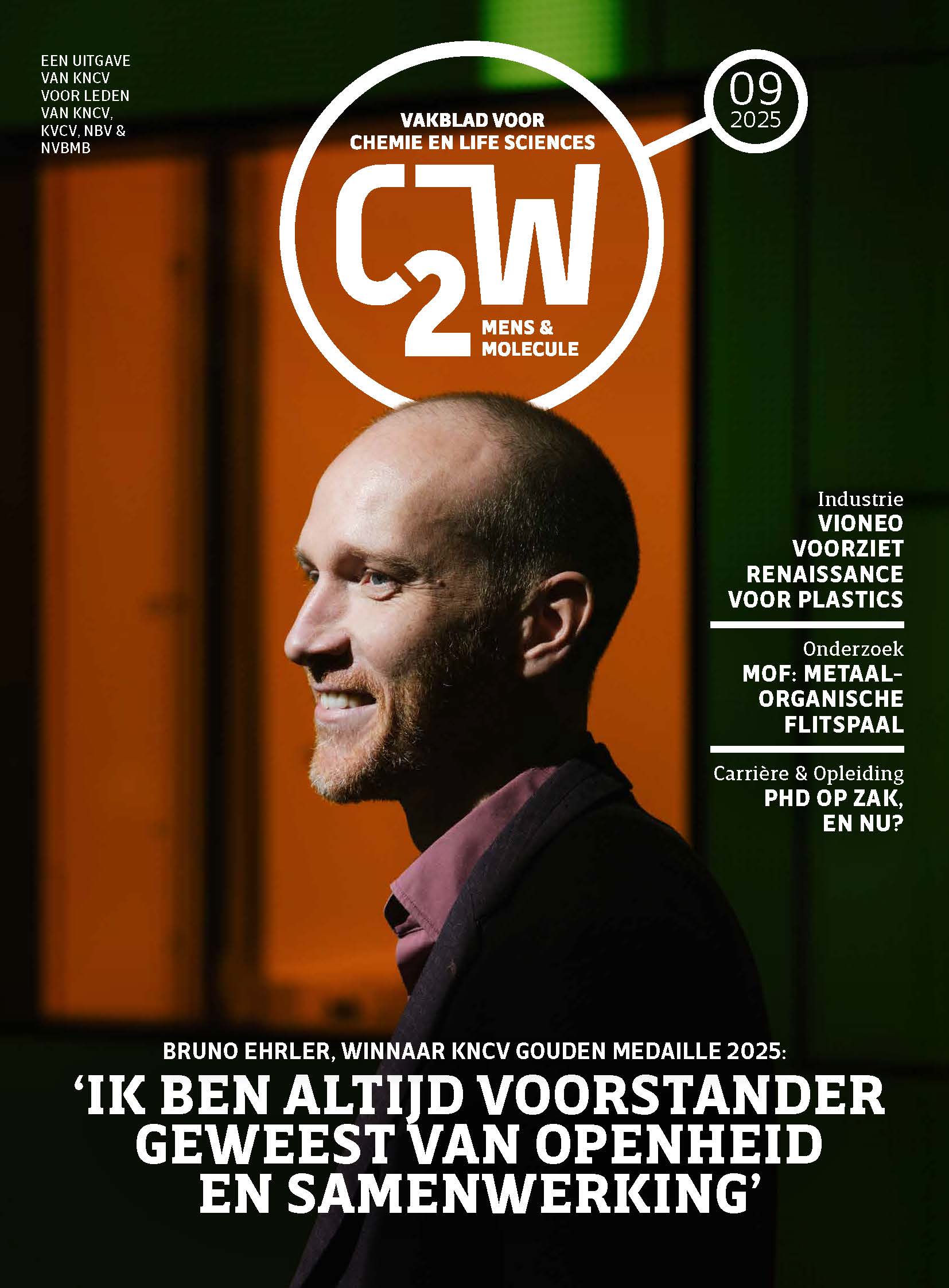Would you like to add an event to this list? Simply register your event using this form.
Sulfate radical-based electrochemical advanced oxidation processes for the removal of contaminants of emerging concern in wastewater

Category
Ph D Defense
Date
2023-12-08 13:30
Venue
KU Leuven, Erasmushuis, Justus Lipsiuszaal, 08.16 - Blijde Inkomststraat 21
3000 Leuven, België
3000 Leuven, België
Promovendus/a: Sara Feijoo Moreira
Promotor(en): Prof. dr. ir. Raf Dewil, De heer Mohammadreza Kamali
Motivated by the myriad of diseases faced in the world today, our elevated consumption of pharmaceuticals has brought into play the side effects of their uncontrolled release into the environment, such as the associated potential for uptake and bioaccumulation in living organisms. Traces of pharmaceuticals, along with other contaminants of emerging concern (CECs), have been found in diverse natural water bodies originating from sewage disposal in households, hospitals, and pharmaceutical industries. The rationale is twofold: these compounds are not entirely metabolised by the human body and are not fully degraded in conventional wastewater treatment plants. Therefore, the presence of pharmaceuticals in the environment has received considerable scientific attention over the past decades, aiming at the development of novel wastewater treatment methods to attain their complete elimination. To this end, electrochemical advanced oxidation processes (eAOPs) have emerged as a promising technique, not only because of their effectiveness in degrading refractory pollutants but also for their competitive advantage in terms of technical feasibility and sustainable operation. In particular, sulfate radical-based electrochemical advanced oxidation processes (SR-eAOPs) have attracted increasing attention since sulfate radicals can operate in a wider pH range, display a longer lifetime, possess high selectivity towards toxic substituents, and can be generated from sulfate ions that are ubiquitously present in wastewater effluents. This generation route without the addition of external chemical precursors is commonly referred to as “in-situ SR-eAOPs”.In addition to the need for more effective wastewater treatment, it is essential to improve other aspects of conventional wastewater treatment plants to evolve towards a more sustainable industry, such as reducing the consumption of electricity and external chemicals as well as avoiding the formation of secondary waste streams and toxic by-products. Consequently, this PhD research was focused on exploring the opportunities for implementation of in-situ SR-eAOPs, where the successful degradation of several pharmaceuticals goes hand in hand with a chemical-free, energy-efficient and sustainable operation. Accordingly, this work comprised the design and operation of an SR-eAOP reactor at the laboratory scale, the elucidation of its optimal operating conditions, the process modelling of a pilot-scale operation, the quantification of its associated environmental impacts via the life cycle assessment (LCA) methodology, the evaluation of the treatment toxicity effects, and the analysis of the economic implications as part of a valorisation plan for knowledge transfer. In addition, a combined experimental and computational approach was developed to unravel the degradation mechanisms in eAOPs so that a deeper understanding of the underlying chemistry can ease further process optimisation in prospective applications. As a result, an interdisciplinary view of in-situ SR-eAOPs was accomplished, allowing to assess the strengths, limitations and improvement opportunities of this novel wastewater treatment.
All Dates
- 2023-12-08 13:30
Powered by iCagenda

